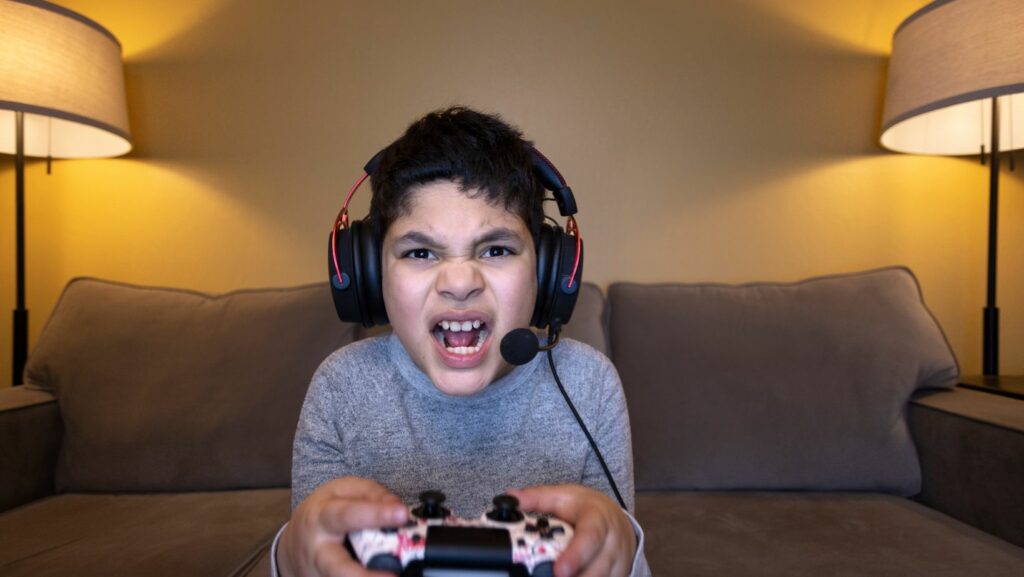What Best Describes the Resiliency Skill of Mental Games
Resiliency in mental games illustrates the strength of the mind’s ability to rebound from setbacks. It’s a demonstration of how players harness their cognitive capacities to face, overcome, or adapt to perceived challenges.
Resilient game players often exhibit certain characteristics that set them apart. Consistency displays in their approach to gameplay, reflecting an unwavering dedication to mastering the game. For example, chess players may lose multiple rounds, yet they persevere, ultimately improving their tactics.

Improvement in problem-solving skills is evident as players learn to decipher complex game scenarios efficiently. Depth in comprehension becomes visible in understanding game rules, the ability to predict opponent moves, and formulate winning strategies.
What Best Describes the Resiliency Skill of Mental Games? The psychological framework of resiliency primarily involves positive adaptation in the face of adversity. More susceptible to developments from mental games, this construct includes several components. Emotional regulation stands prominent, teaching players to manage stress and maintain focus even amidst game tension. Meanwhile, personal control comes into play as gamers learn the decision-making power resides within them, leading to better awareness and intentional gameplay. Lastly, optimism plays a crucial role, bridging the gap between failure and the belief in the prospect of ultimate success.
Identifying Different Types of Mental Games
In the domain of mental resilience, various mental games feature prominently. Each imparts specific areas of mental resilience, from analytical ability to strategic prowess.
Chess represents a unique blend of strategy and intellect. Mental resilience shines through chess players’ consistent pattern recognition and tactical flexibility. Essential for success in chess, these qualities demonstrate players’ capacity to manage stressful situations, not unlike life’s challenges. The skill of calculating multiple moves ahead, anticipating opponent’s strategies and making swift tactical adjustments speaks volumes about their cognitive agility. An authoritative source, the World Chess Federation (FIDE), states that regular chess playing enhances mental resilience.

Numerical puzzle game Sudoku, demands precision and attention-to-detail. It hones analytical resilience, allowing players to scan, decipher, and analyze complex number placements. Overcoming pressure-packed moments in the game aids in fostering a sense of personal control. Sudoku aficionados wouldn’t merely get better at number puzzles, but improve their ability to navigate high-stress situations, resonating with the nature of their resilience. The American Sudoku Association calls Sudoku a fantastic instrument for building analytical resilience.
The Rubik’s cube, classic 3-dimensional puzzle, serves to build spatial resilience. Players must manipulate the cube, envisaging patterns, manipulating blocks, and weighing strategies for alignment. The complexity of the Rubik’s Cube puzzling requires a perception of spatial frameworks, demonstrating mental elasticity and adaptability. It’s in the Rubik’s cube-solving process that spatial resilience takes form, mirroring the adaptability crucial for mental resilience. The International Rubik’s Cube Society concurs with the notion of this puzzle enhancing spatial resilience.
Role of Resiliency Skills in Mental Wellness
What Best Describes the Resiliency Skill of Mental Games? Resilience serves as the bedrock of mental wellness. Nurtured by mental games, it fosters coping mechanisms and cognitive flexibility. Digging deeper, let’s explore the impact these games have on stress management and cognitive resilience.
Mental games, by virtue of their complex and engaging attributes, aid significantly in managing stress. They promote focus, concentration, and diversion from stressors. They’re akin to mindfulness exercises. As players dive deep into the game, they tend to forget their external circumstances, thus managing their stress effectively.

For instance, a popular mental game like Tetris requires players to constantly adapt to the falling shapes. In the process, they subconsciously disengage from stressors, facilitating reduced anxiety and improved mood. Hence, the role of mental games in stress management is profound and multi-dimensional.
Cognitive resiliency, an important facet of mental health, benefits greatly from strategic mental games. These games exercise the mind in the same way physical exercises work on muscles—making them strong, adaptable, and flexible. They foster an individual’s ability to manage cognitive stressors effectively. Chess, for example, consistently challenges the players to anticipate and plan strategically. This exercise in critical thinking and problem-solving ingrains cognitive adaptability, enhancing their cognitive resilience consequently. In essence, mental games play a significant role in spurring cognitive resiliency, thus fostering a sound mental state.



